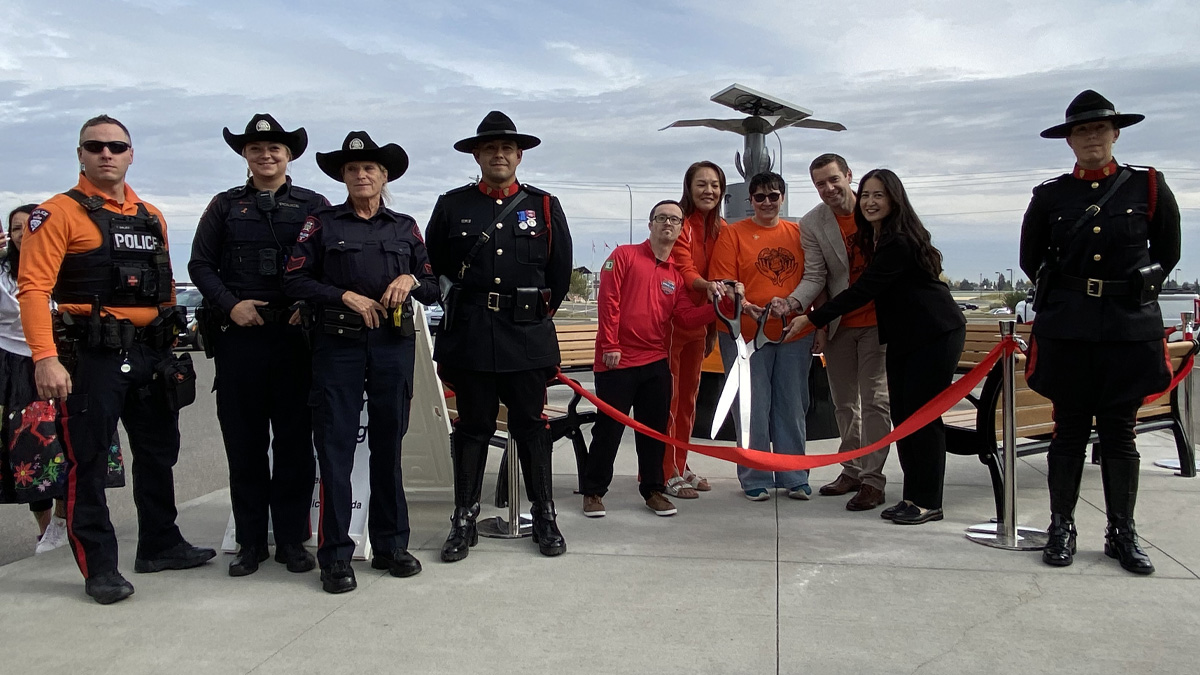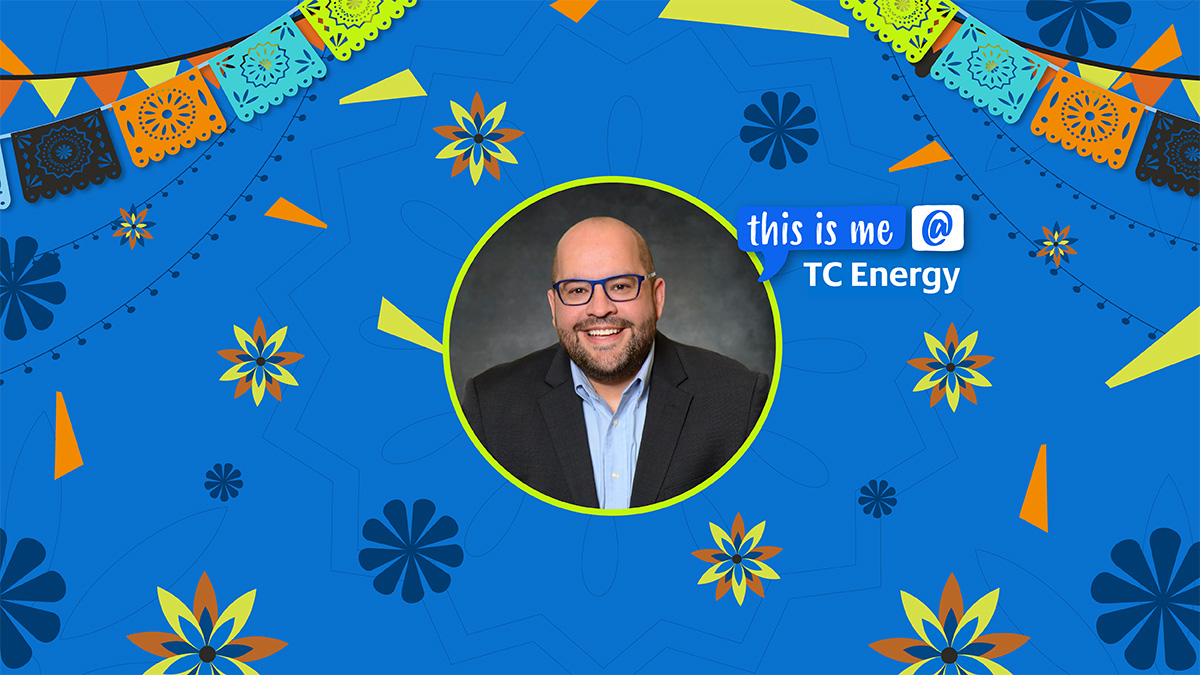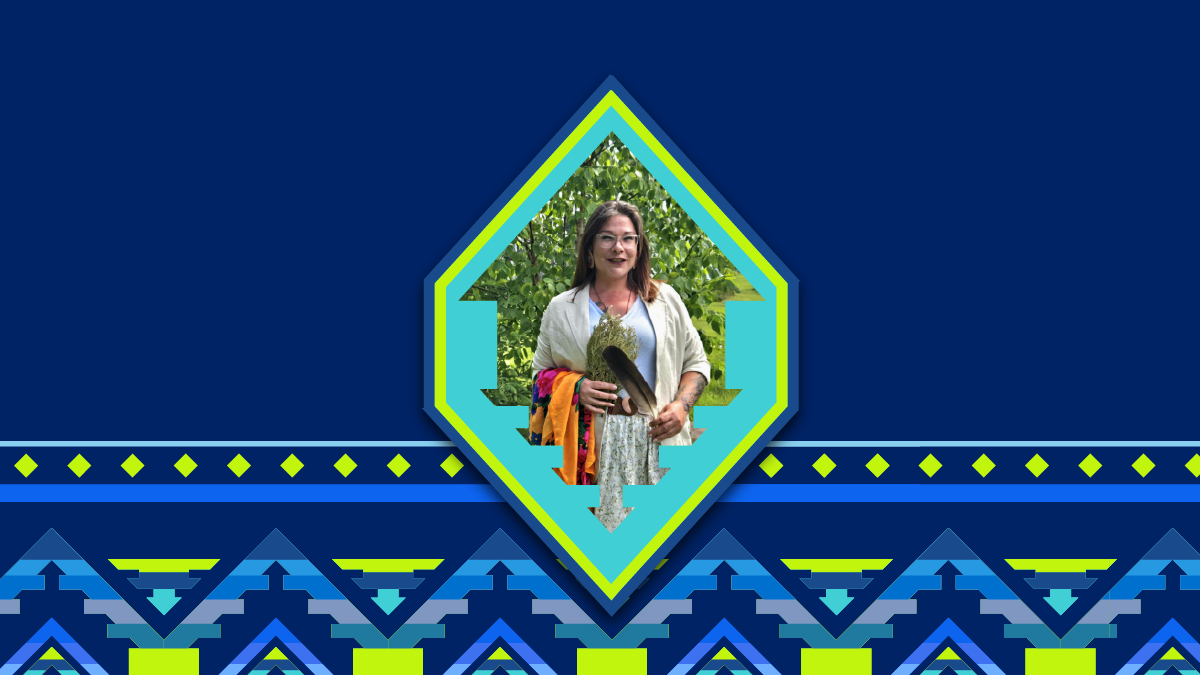Nov 7, 2025
Presents with a purpose – the meaning of Indigenous gift giving

TransCanada’s Indigenous Relations team follows the practice of gift giving when engaging Indigenous communities.
"The eagle feather, when given as a gift, binds a friendship, and all that the eagle and feather represent: vision, respect, honour and courage guide the friendship."
That's how Carylin Greatbanks described the feather her father, as chief, once gifted to a senior executive of a company working with his First Nation.
Years later, after her father had passed away, Greatbanks was representing her nation as chief and working with the same executive. When she was invited to his office, she saw that the feather her father had gifted him was still displayed on his desk, and he spoke of how the feather and the friendship had influenced his life and work with Indigenous people. Greatbanks, now a Senior Indigenous Relations Advisor at TransCanada, was touched that he still had the feather that stood as a token of their friendship over the years.
Finding meaning in sharing
In many Indigenous cultures, the practice of gift giving has unique significance. The tradition shows respect to the receiver of the gift, as well as to their family and ancestors. It is also a way to show appreciation of knowledge that is exchanged – when seeking guidance or advice, or for assistance from those with distinct abilities such as healers and ceremonialists.
Gifting is also sharing one's resources to benefit and support others. Gifts are an intrinsic part of the sharing ethos of Indigenous people; sharing has always been a necessary aspect of survival.
TransCanada's Indigenous Relations team (IR) follows the practice of gift giving when engaging Indigenous communities. The IR team works with Indigenous artisans to source gifts for members of the Indigenous communities with which the company engages across North America on an ongoing basis. In 2016 alone, the company engaged with approximately 300 Indigenous communities across Canada and the U.S.
Keeping traditions alive
One of the vendors the team works with in Canada is Acho Dene Native Crafts, a craft shop in the North West Territories.
Acho Dene is a small community with a population of close to 600 people. Forty local people sew for the craft shop on a daily basis, making moose hide and birch bark products that can take up to 20 hours per item.
Cathy Kotchea, who runs the craft shop, explained that their items are still made using the traditional practices.
"To make a birch bark basket, first we would have to harvest the birch bark," she said. "We would have to trek in the thick bush to look for the right birch bark, because some are too brittle and some are too thin. We have to find the right thickness and flexibility. Then we to dig in the ground for spruce roots, and the red willow, you've got to get the straight red willow, then cut it all out and sew it together."
For many people in the community, selling the handmade goods at the craft shop – established in 1976 – is how they are able to provide for their famlies.
"It was just a small craft shop back then," said Kotchea. "It was created in order to help the people that were out on the land make some sort of income. A lot of people were out in the bush camps, or in their cabins all year round, so they came in every now and then to sell their crafts. Bead work, moccasins, snowshoes were among the crafts they sold; so that's why the craft shop was opened."
TransCanada's IR team also sources from an artisan in the U.S., who teaches these traditional crafts to at-risk youth as a means of instilling pride while providing a means of income through traditional crafting.
Supporting Indigenous artisans
"Indigenous Relations has adopted the tradition of gifting and sharing as part of the team's culture," said Greatbanks. "Sourcing from Indigenous businesses and artisans gives us the opportunity to support traditional crafting and allows us to share unique regional products with the different nations we work with."
In 2016, TransCanada generated approximately $142 million in work for Indigenous businesses or their joint-venture partners in Canada and the U.S. for goods, contract services and employment on TransCanada projects and operations.
To see the handmade gifts created by Acho Dene artisans, visit their website.



